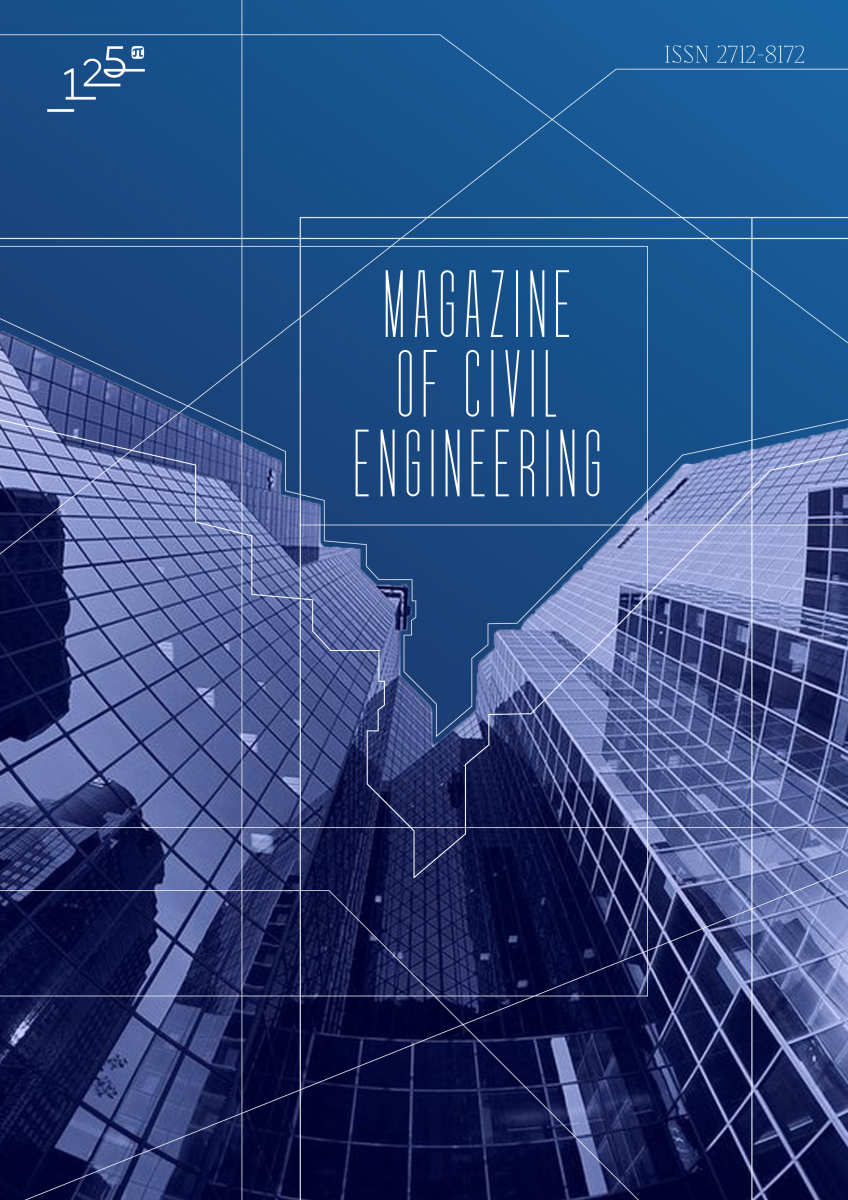Intrinsic self-healing potential of asphalt concrete
In the work, the influence of temperature, the time of its exposure, as well as the structural properties of bitumen and the test conditions for asphalt concrete on its intrinsic potential for self-healing was studied. Asphalt concrete samples from two types of bitumen with different group compositions were produced and tested under uniaxial compression and split. The intrinsic self-healing potential of asphalt concrete increases with an increase in temperature and exposure time. The greatest effect of temperature on the intrinsic self-healing potential corresponds to values close to the bitumen softening temperature. Temperature is a factor of double action: if there is a sufficient amount of maltene fraction in the bituminous matrix of asphalt concrete, it improves healing; in the absence of the maltene fraction, the high temperature is a condition for the aging of the binder. Aromatic compounds among maltenes are of greater importance in self-healing. The dimensions, condition of the samples, and features of the formation of defects are factors that affect intrinsic self-healing.


